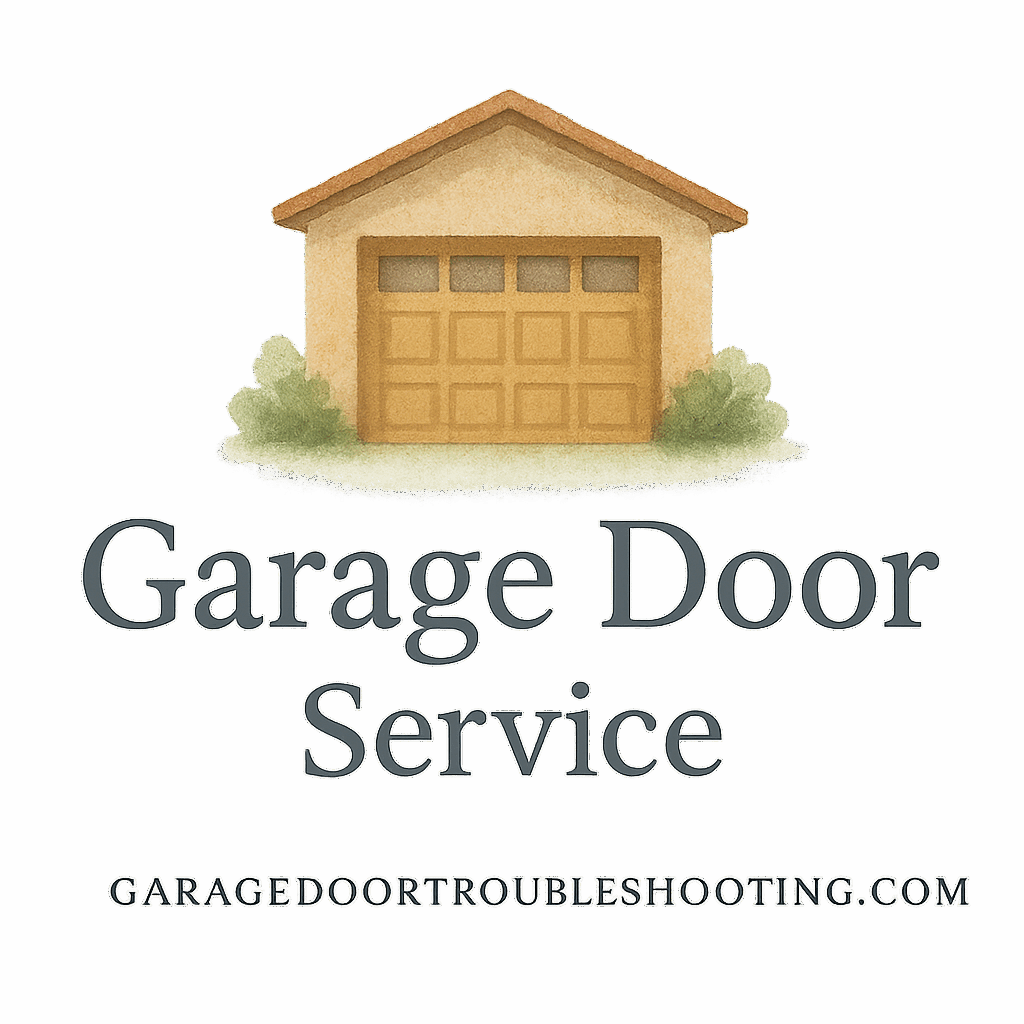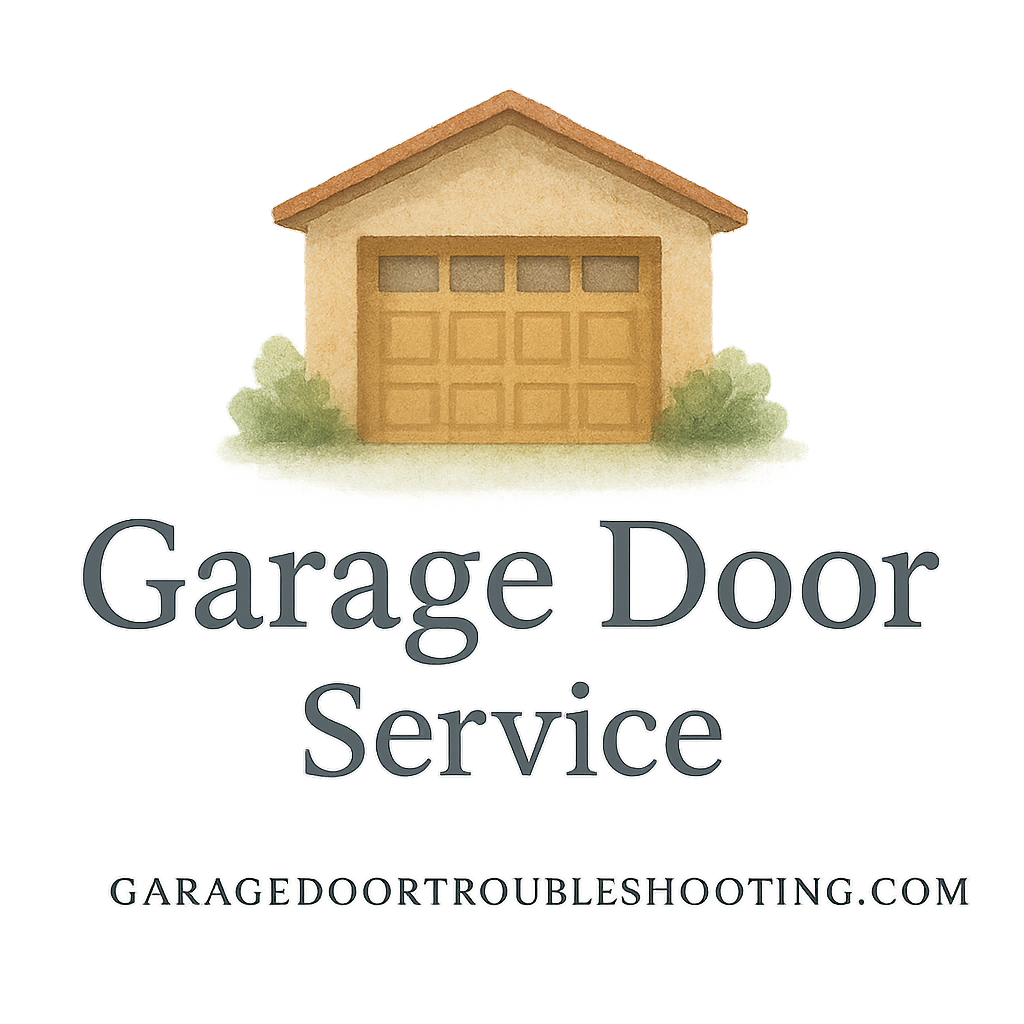Introduction: Why Is My Garage Door So Noisy?
We’ve all been there: your garage door opens and it sounds like an old freight train rolling through your house. That grating, squeaking, grinding noise isn’t just annoying—it’s your garage door crying out for help. Luckily, you don’t need a complete door overhaul to quiet things down. With a few quick fixes, you can restore peace to your mornings. Let’s walk through the 7 fastest (and easiest) ways to silence your noisy garage door.
1. Tighten Up All The Hardware
Inspecting Screws and Bolts
Garage doors are constantly in motion. Every time it opens or closes, it vibrates—loosening nuts, bolts, and screws. Over time, this causes rattling noises that echo through your garage.
Where to Focus Your Attention
Use a socket wrench to tighten all the hardware on the door and tracks. Pay close attention to:
- Roller brackets
- Track supports
- Hinge bolts
Not sure where to start? Use the guide on garage door maintenance tips to pinpoint problem areas.
2. Lubricate All Moving Parts
Choosing the Right Lubricant
This might be the easiest (and most often skipped) fix. A little lubrication goes a long way. Use a silicone-based lubricant—not WD-40—on:
- Rollers
- Hinges
- Springs
- Bearing plates
- Opener chain
How Often Should You Lubricate?
Every 3-6 months is ideal. For full guidance, check our DIY garage door tips and get that door gliding like new.
3. Replace Worn-Out Rollers
Signs of Roller Wear and Tear
If your rollers look chipped, wobbly, or cracked, it’s time for a replacement. Old metal rollers without ball bearings are a common culprit behind that annoying screech.
Nylon vs. Metal Rollers
Nylon rollers are quieter and require less maintenance. Switching to these can make a huge difference in your garage’s soundscape.
Need help choosing the best rollers? Visit our buying guide.

4. Check and Adjust the Garage Door Opener Chain
Is the Chain Too Loose or Too Tight?
A loose opener chain will slap against the door or rail and make a racket. Too tight, and it puts stress on the motor.
Proper Chain Maintenance Tips
Follow your opener’s manual to make small adjustments and apply grease to the chain. Our full repair guide has all the steps.
5. Inspect and Replace the Hinges
Identifying Faulty Hinges
Worn or cracked hinges cause the door panels to shift unevenly, leading to popping sounds.
Safe Replacement Practices
Turn off power to the opener before you start. Replace only one hinge at a time and follow safety precautions—these are detailed in our garage door safety tips.
6. Add Anti-Vibration Pads
How Anti-Vibration Pads Help Reduce Noise
Installing rubber pads beneath your opener and between metal parts can significantly absorb sound and vibration.
Installation Tips
These pads are easy to install and available at most hardware stores. Learn more about smart noise reduction in our homeowner tips.
7. Soundproof the Garage Door
Weatherstripping and Insulation Techniques
Adding weather seals and foam insulation can help block external noise while muting your door’s internal sounds.
Best Materials for Soundproofing
Look for:
- Closed-cell foam
- Vinyl seals
- Acoustic panels
Don’t forget, planning is key—see our expert installation advice.
When to Call the Pros
Tried everything and your door still sounds haunted? It might be time to bring in a professional. Visit our garage door services page to find trusted providers. Avoid dangerous repairs and let the experts handle complex issues.
Conclusion
Silencing your garage door doesn’t have to be complicated. With these 7 quick fixes—from tightening hardware to soundproofing—your door can go from noisy nuisance to whisper-quiet workhorse. Remember, a quiet garage is a happy garage. And if things ever feel too overwhelming, don’t hesitate to check in with a professional.
FAQs
1. How often should I lubricate my garage door?
Every 3 to 6 months. Regular lubrication keeps things running smoothly.
2. What is the best lubricant for garage doors?
Use a silicone-based or lithium-based spray, not WD-40.
3. How do I know if my rollers need replacing?
If they’re cracked, noisy, or the door wobbles when moving, it’s time.
4. Can I replace garage door hinges myself?
Yes, but follow safety tips and turn off power before starting.
5. What’s the quietest type of roller?
Nylon rollers are the quietest and require less maintenance.
6. Are anti-vibration pads really effective?
Absolutely. They can significantly reduce noise from your garage door opener.
7. When should I call a professional?
If you’ve tried these fixes and it’s still noisy, or if you’re uncomfortable doing the work yourself. Use a qualified service provider for safety.
Relevant Internal Links for Further Reading:
- Garage Door Installation Advice
- Garage Door Maintenance Tips
- Garage Door Repair Guides
- Garage Door Safety & Security
- Garage Door Services Professionals


